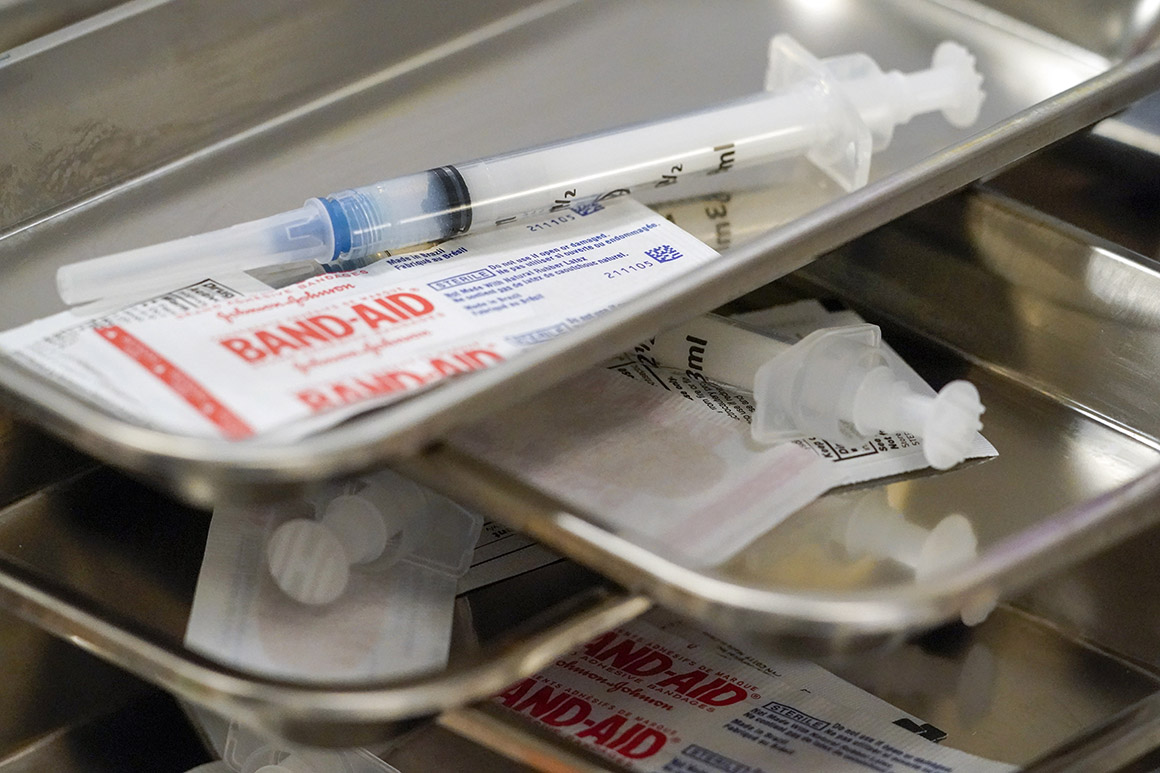
The veteran official leading the pandemic response at the Centers for Disease Control and Prevention is stepping aside, according to three people with knowledge of the matter.
Henry Walke, who has overseen the CDC’s Covid-19 response for more than a year, will be replaced by Barbara Mahon, the deputy chief of the agency’s enteric-disease branch, those sources said. Walke will remain at the agency as director of the CDC’s Division of Preparedness and Emerging Infections.
The switch comes amid a growing sense of burnout and fatigue within the CDC after almost two years of fighting Covid-19. Employees there are facing a crushing workload brought on by the surge in Delta cases and hospitalizations and the expansion of the nation’s vaccination campaign. Armed with CDC data and analyses, the administration last week expanded its use of booster shots. In the coming months the agency will help evaluate whether to give Covid-19 shots to children younger than 12.
Walke’s departure from the Covid-19 team raises questions about the agency’s future pandemic response and whether he stepped aside because of increasingly untenable working conditions at the agency. His change in role comes after two prominent CDC leaders — Anne Schuchat, the agency’s former number two official, and Nancy Messonnier, the agency’s top respiratory official and Covid-19 vaccine lead — left the agency earlier this year.
“He is not leaving the agency, just passing the torch on the response after serving as the Incident Manager for more than a year,” CDC spokesperson Ben Haynes said in a statement to POLITICO. “Shifts in response personnel and leadership are normal.”
Walke’s official title was incident response manager for the Covid-19 response. Mahon, a longtime CDC employee, specializes in enteric diseases — illnesses caused by viruses, bacteria and other microorganisms.
CDC Director Rochelle Walensky is in the middle of trying to rebuild the pandemic response team in an attempt to combat recent surges driven by the Delta variant and the potential for an increased workload this fall as more people get booster shots and cold weather and holidays threaten to drive new spikes in infections and hospitalizations.
But Walensky is having difficulty staffing that team, in part because CDC employees say they are overworked after nearly two years fighting the pandemic. Some member of the agency’s pandemic response team have returned to their regular duties; other employees who have not worked on Covid-19 are resisting calls for help knowing the time and energy it demands.

